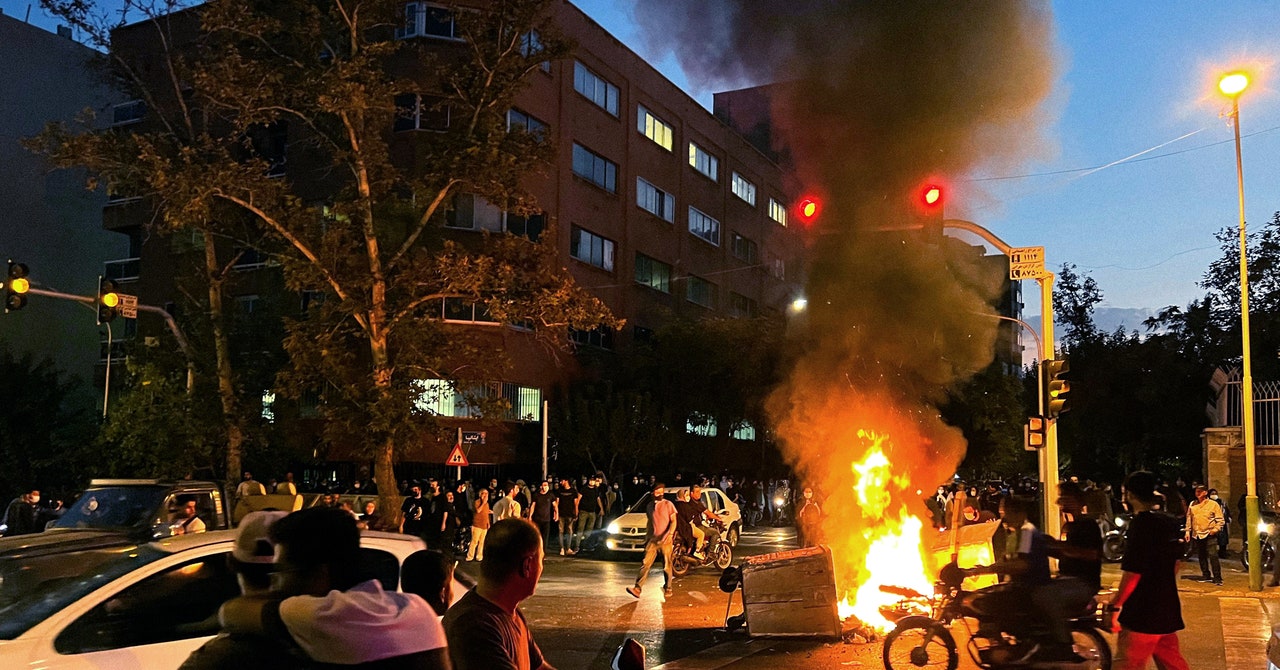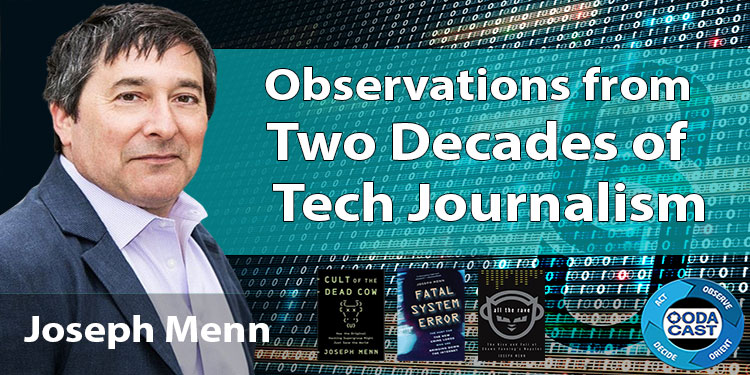The Challenge of Cracking Iran’s Internet Blockade
Some communication services have systems in place for attempting to skirt digital blockades. The secure messaging app Signal, for example, offers tools so people around the world can set up proxy servers that securely relay Signal traffic to bypass government filters. Proxy service has previously only been available for Signal on Android, but the platform added iOS support on Wednesday.
Still, if people in Iran don’t already have the Signal app installed on their phones or haven’t registered their phone numbers, the connectivity outages make it difficult to download the app or receive the SMS code used for account setup. Android users who can’t connect to Google Play can also download the app directly from Signal’s website, but this creates the possibility that malicious versions of the Signal app could circulate on other forums and trick people into downloading them. In an attempt to address this, the Signal Foundation created the email address “[email protected]” that people can message to request a safe copy of the app.
The anonymity service Tor is largely inaccessible in Iran, but some activists are working to establish Tor bridges within Iran to connect internal country networks to the global platform. The work is difficult without infrastructure and resources, though, and is extremely dangerous if the regime detects the activity. Similarly, other efforts to establish clandestine infrastructure within the country are fraught because they often require too much technical expertise for a layperson to carry out safely. Echoing the issue with safely downloading apps like Signal, it can also be difficult for people to determine whether circumvention measures they learn about are legitimate or tainted.
Users in Iran have also been leaning on other services that have proxies built in. For example, Firuzeh Mahmoudi, executive director of the US-based nonprofit United for Iran, says that the law enforcement-tracking app Gershad has been in heavy use during the connectivity blackouts. The app, which has been circulating in Iran since 2016 and is now developed by United for Iran, lets users crowdsource information about the movements of the regime’s “morality…


